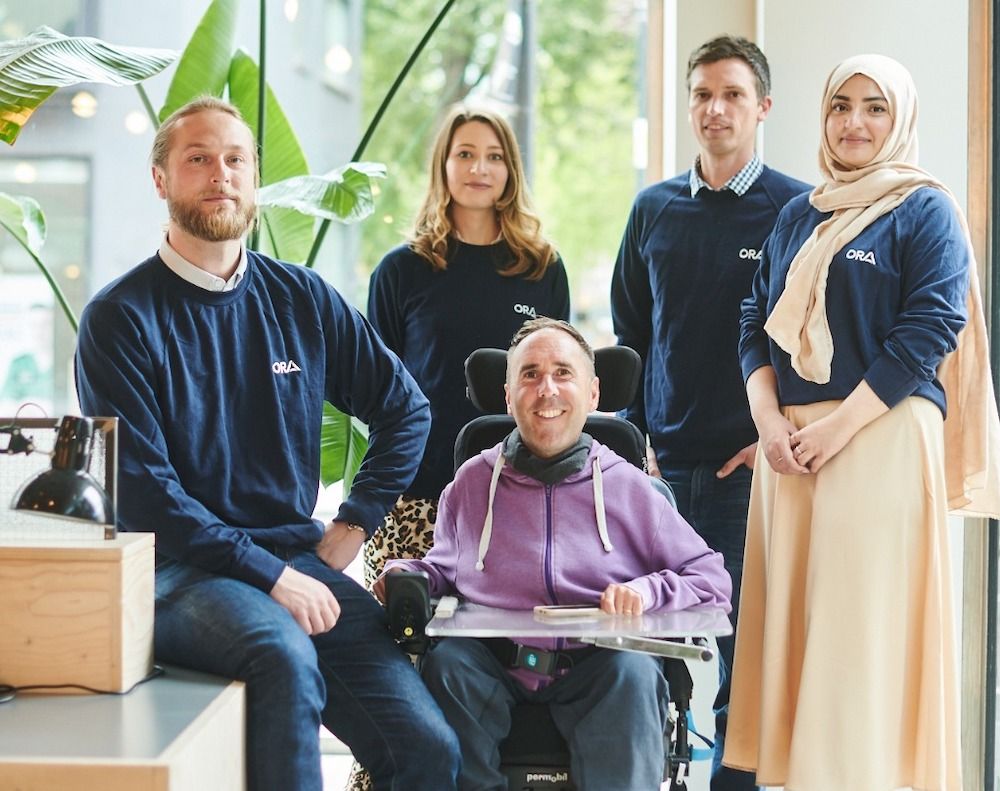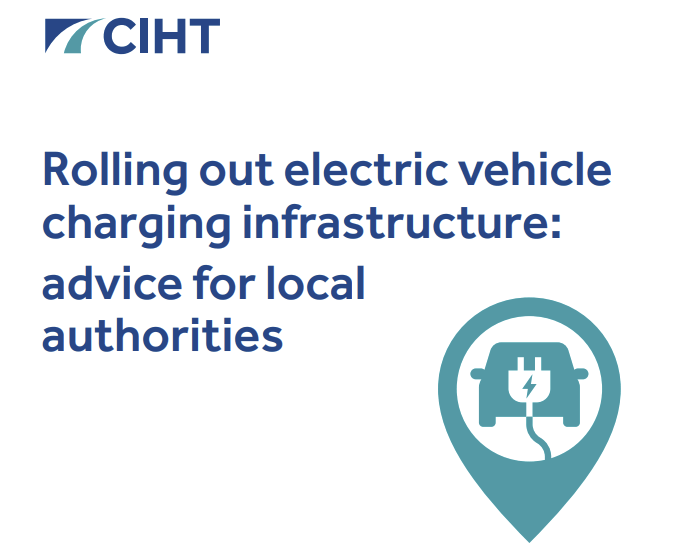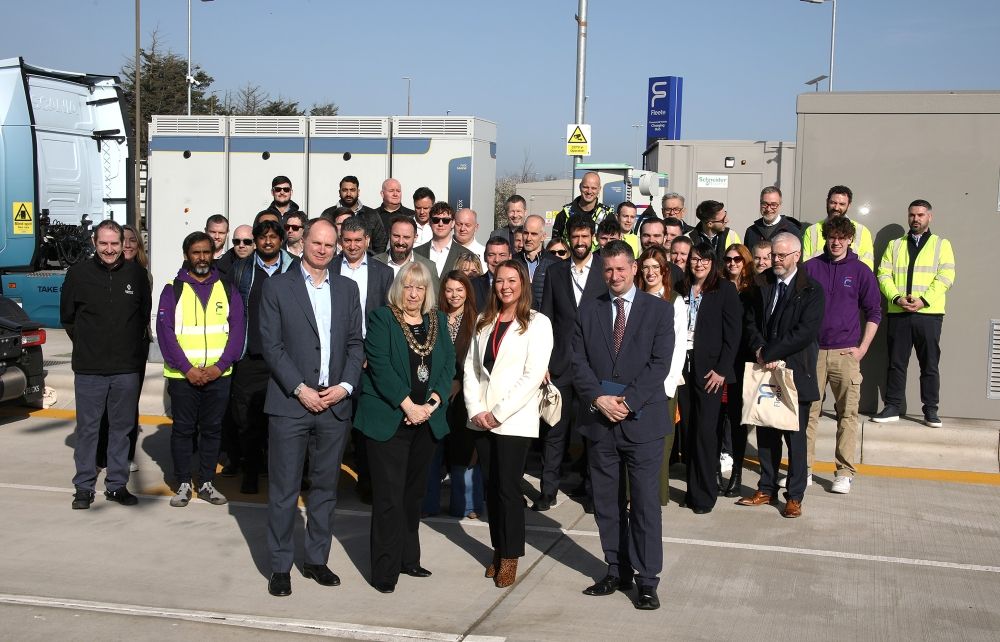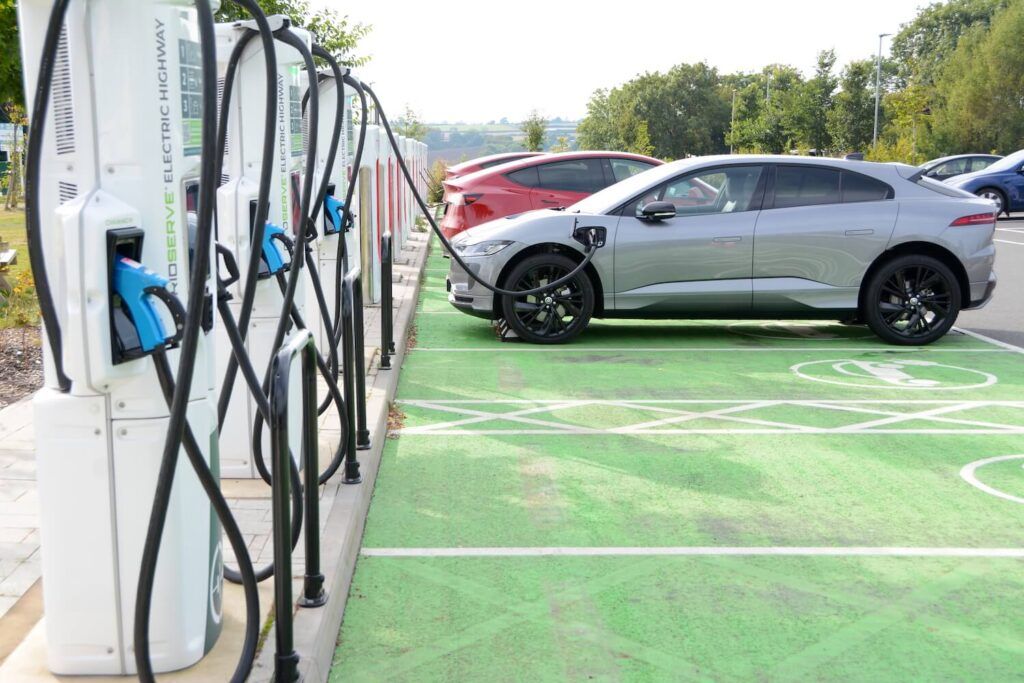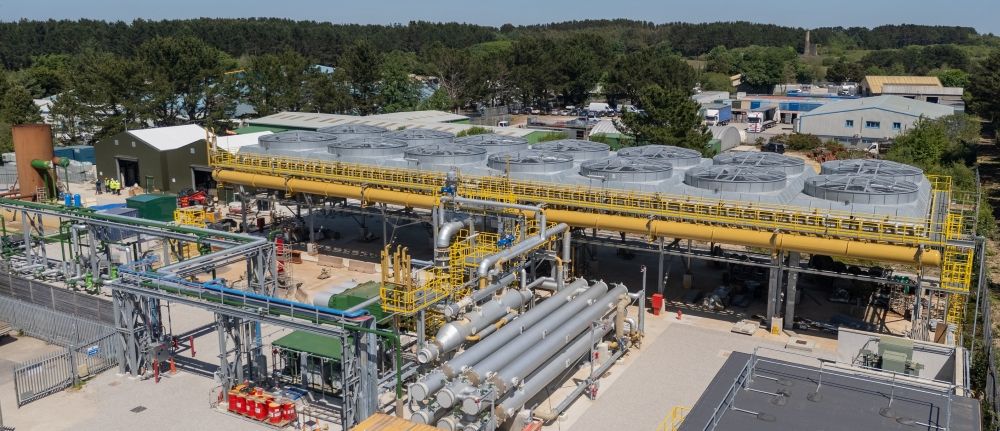A new start-up developing innovative mobility solutions called Open Road Access (ORA) has launched.
Based in the UK, ORA has a stated mission of supporting 15 million trips a year by 2030. ORA’s vision is “to create a world where everyone can move freely and independently”.
It comes as the UK’s National Centre for Accessible Transport (NCAT) has highlighted that disabled people travel significantly less than the general population — not by choice, but due to systemic barriers.
The gap not only limits freedom and opportunity but also holds back billions in untapped economic
activity, the group said.
As a business, ORA wants to “play its part in reducing the transport accessibility gap, providing trips to people underserved by current transport options”, it said.
ORA previously spent a year incubating a rental service for wheelchair accessible vehicles (WAV)s, experiencing significant demand from disabled and older people, carers, families, and businesses.
The start up will become one of the first platforms where consumers and businesses can directly book a WAV that meets their needs.
ORA will also be creating and testing new product and service offerings in accessible mobility, and are seeking partners in their next phase of development. It is led by an expert team with backgrounds in management consulting, mobility and technology.
CEO and Founder David Dew-Veal said:
“At ORA, we know that accessibility is the cornerstone of a better tomorrow – and our aim is to build it today.
“ORA’s starting point is that businesses need to wake up to the cost of inaccessibility. I have seen firsthand the difference that having an accessible car made to my own family. By responding to the real need for more inclusive mobility options, ORA’s plan is to innovate new solutions that work for our customers, their families, carers, and businesses – starting with WAV rentals.”
Helen Dolphin, access and inclusion consultant, and accessible transport expert, said:
“It’s fantastic to see ORA has plans to work hand in hand with industry, government, charities, advocacy groups, and researchers – bringing lived experience and the evidence base together to create
solutions with lasting impact.”
Image courtesy of ORA




